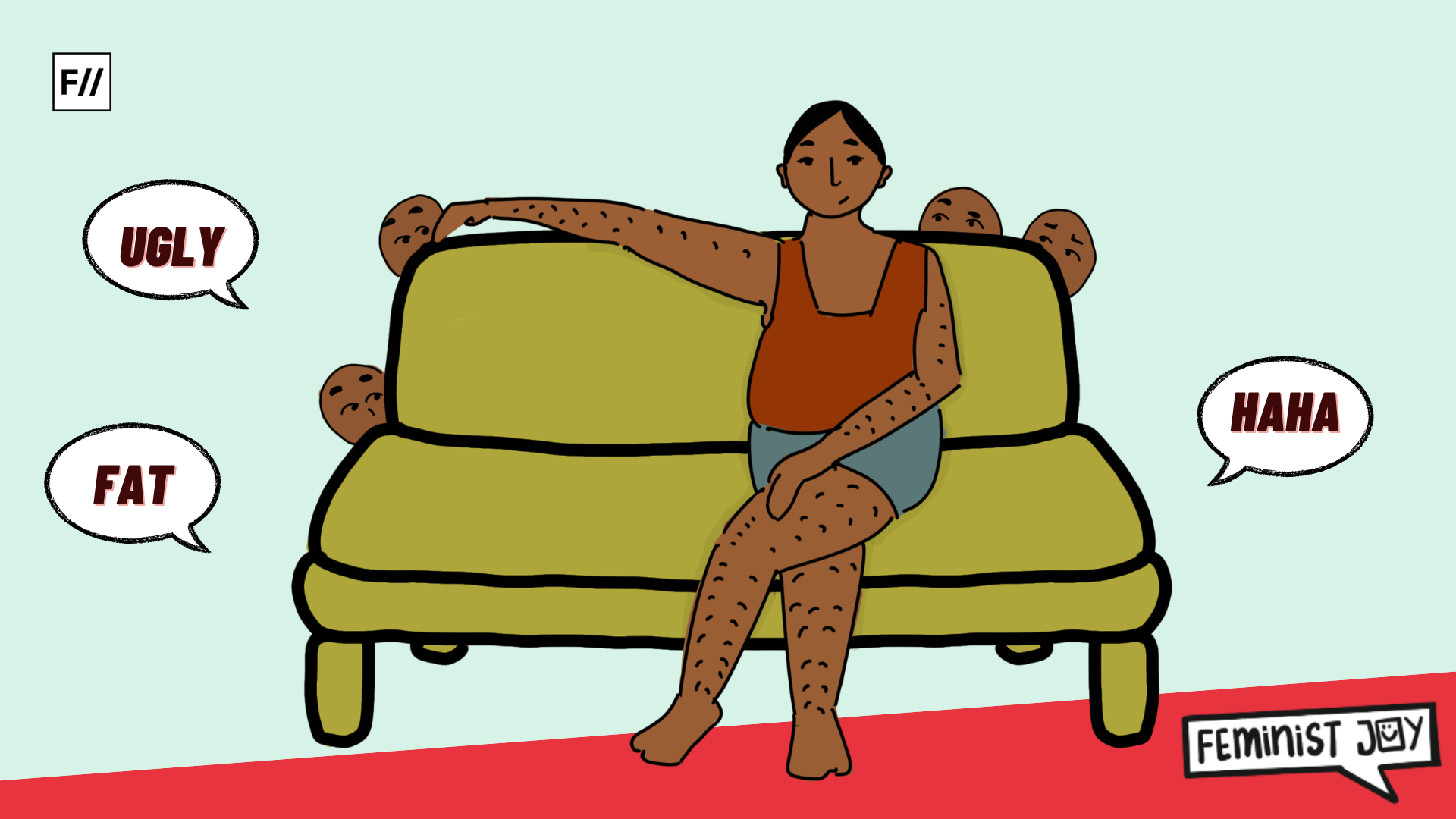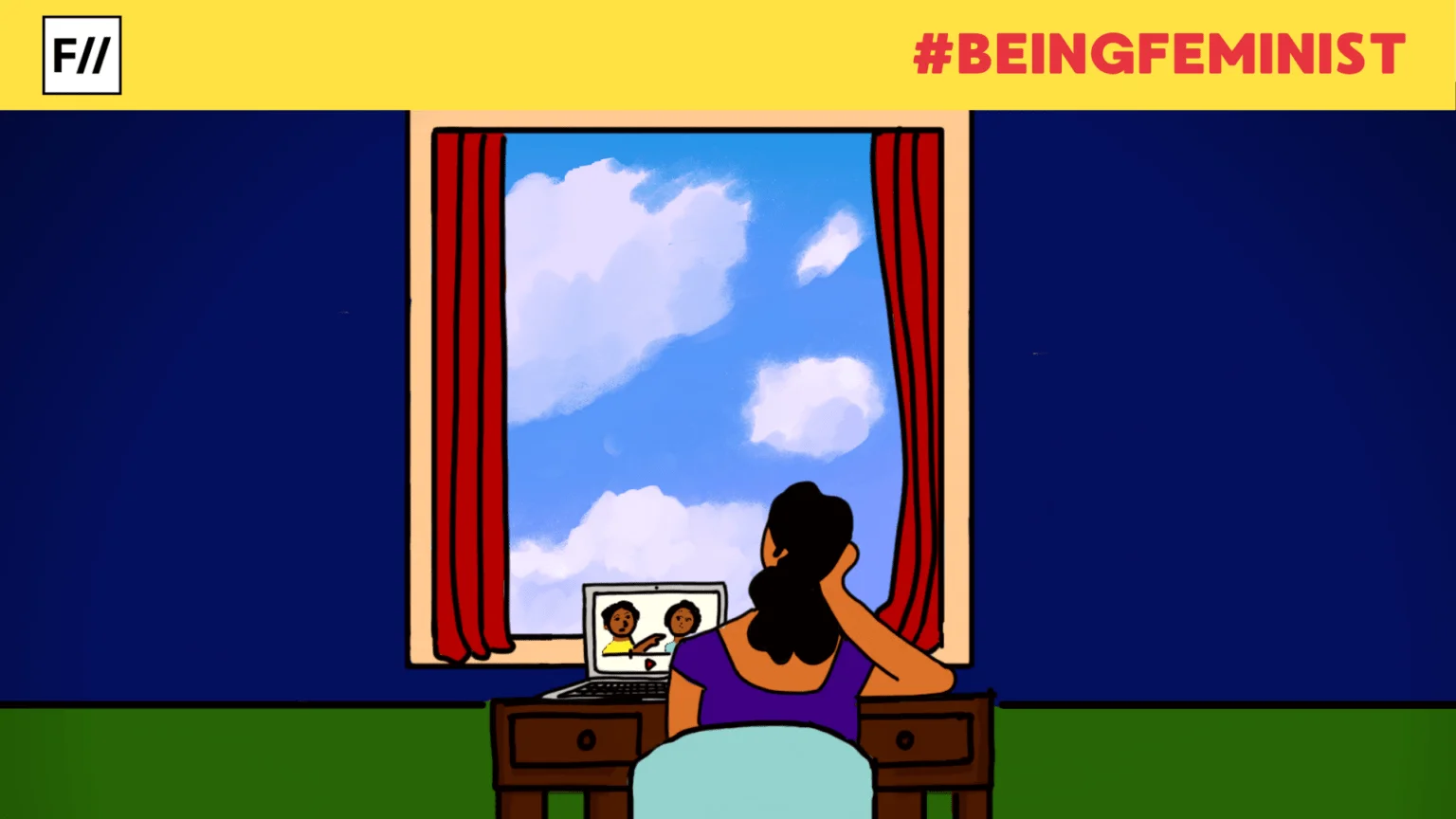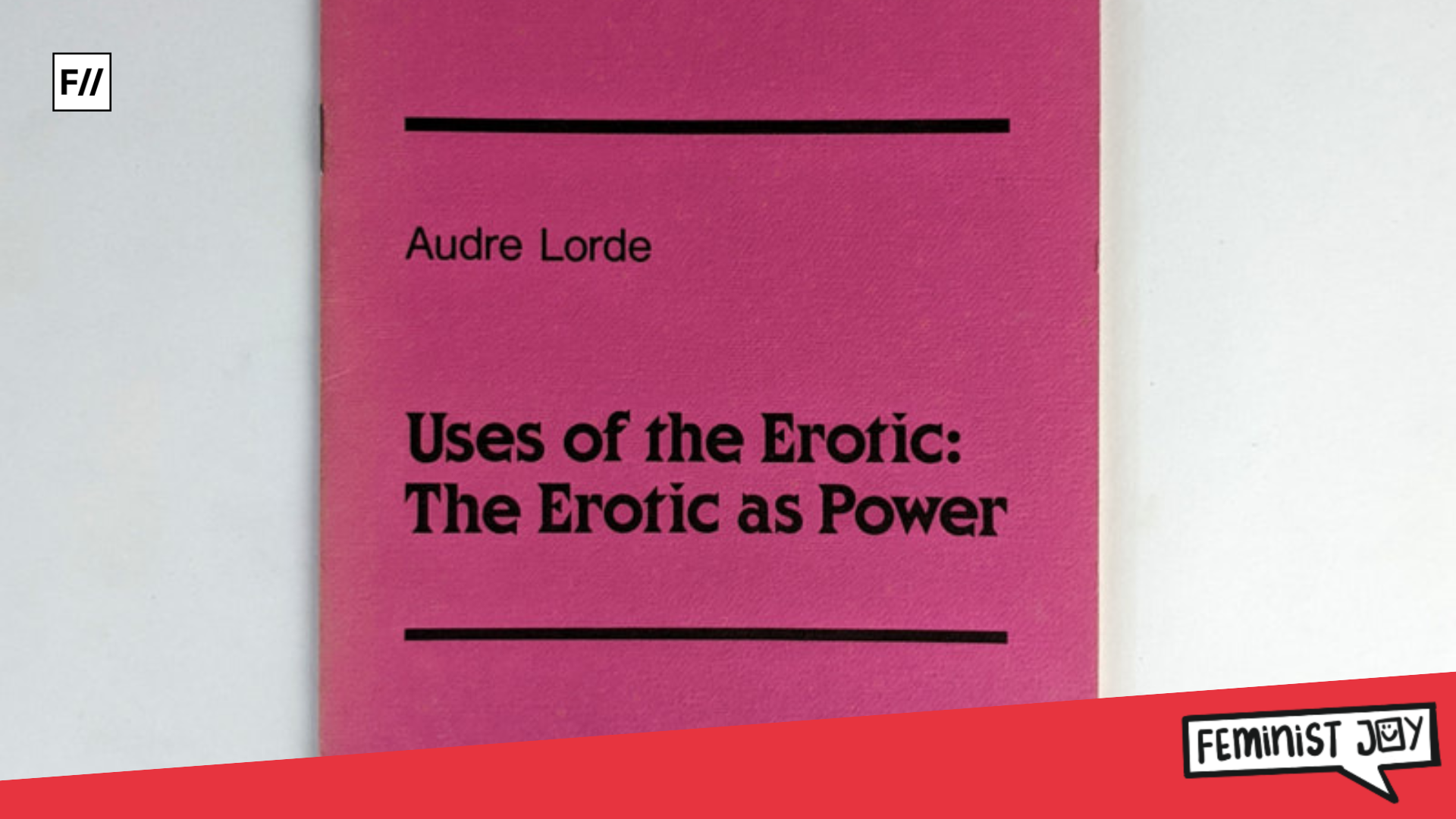“Are you one of those feminist types,” is one common question I get asked in the middle of every conversation. Earlier I used to get blank as I would have no answers. But now when I think about it I feel like saying to all those who asked me this question, yes I am one of those feminist types but not the feminist you think or know. My feminism is different from the idea of your feminism. My definition of feminism has evolved over the years and still, I have not come to any conclusion as my exploration is still going on.
For me, being a feminist has been a process since childhood when I started noticing men and women around me. Luckily, the men I was surrounded by have been supportive of me, like my father was a really good dad to us but was he a really good husband, instances like this have shaped my understanding of why I want to live in a world where everybody has to be a feminist.
Even though he encouraged me to pursue my goals, my father struggled with social pressure to take care of the home. Despite his deep love for his wife, his feminism was little more than a topic of discussion at the breakfast table. This turned into a pivotal moment. Unlike his, my feminism would not stay in cosy corners. It would tackle inequality everywhere it was present throughout the entire house.
The place where you live, and the people you are surrounded by shape a lot of your mentality and I think that is what I will always be thankful for. I would not limit my feminism to just one woman. Even though they weren’t necessarily conscious feminists, my supportive male role models were very important. Even though he encouraged me to pursue my goals, my father struggled with social pressure to take care of the home. Despite his deep love for his wife, his feminism was little more than a topic of discussion at the breakfast table. This turned into a pivotal moment. Unlike his, my feminism would not stay in cosy corners. It would tackle inequality everywhere it was present throughout the entire house.
The world beyond my house offered a distinct set of difficulties. The “boys will be boys” attitude towards casual sexism annoyed me during my time in school. Even though I was cautious at first, my feminist voice got louder with every conversation. It meant confronting my peers about the objectification of women in the media and raising concerns about the pay gap for female athletes at a university athletic event.
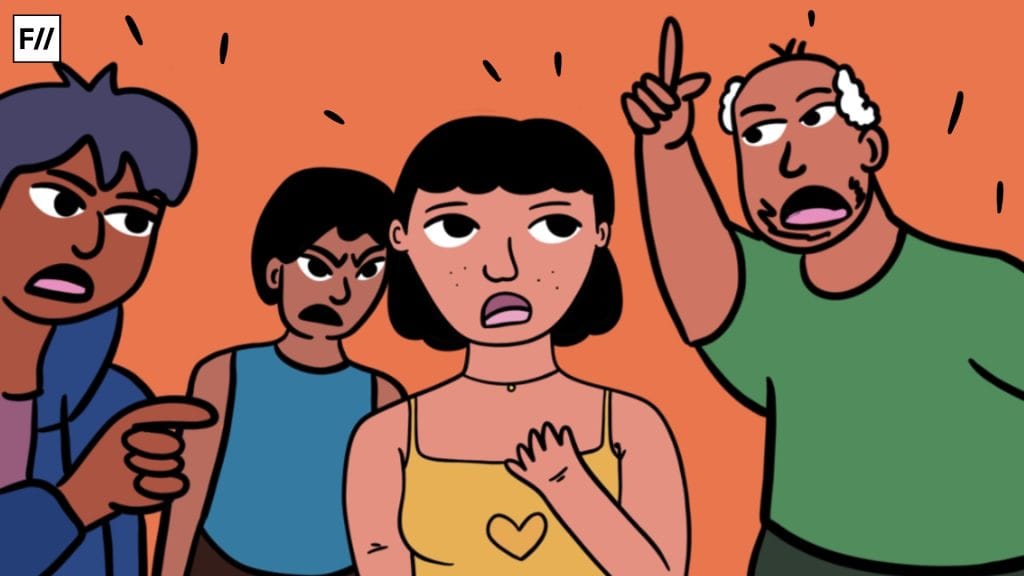
My trip wasn’t without inconsistencies, though. Sometimes the conditioning of society crept in. The “chick flick” marathons I had with friends and the covert indulgence in a magazine that promoted exaggerated beauty standards seemed like sins that were at odds with my feminist principles. However, they also demonstrated how difficult it is to undermine firmly rooted cultural norms.
My feminism started to change all the time. It welcomed intersectionality, realising how closely related the difficulties of women of colour, LGBTQ+ persons, and those from underprivileged backgrounds were. It motivated me to fight for equal pay for all women who experience undervaluation and underpayment, not just for myself.
My feminist views now go beyond basic self-preservation. I guide younger girls, helping them to challenge gender norms in their activities and goals. In my community, I speak out against domestic abuse and encourage others to do the same.
“Are you one of those feminist types?” is the question often asked, and now I respond confidently, “Yes, I am.” My feminism might not be conventionally defined. It is a dynamic force that combines social criticism, personal experiences, and an unwavering desire for justice in the world. It’s about fighting the stereotype, taking back the language that has power, and working towards a society in which men and women alike may prosper in an environment free from oppression.
Even though I am at peace with my understanding of feminism, I would still want myself to think about the guilty pleasures that I have, often I did find myself vibing and dancing to item songs. Here I was, a self-described feminist, enjoying a genre that is well known for objectifying women. The women were only props for the hero’s fantasy, and the lyrics were rife with masculine power. Still, the music had a force that was beyond description, a liveliness that was indescribable. Could I honestly deny the happiness it brought me?

Throughout my feminist path, this was the ongoing tug-of-war between pleasure and reason. My feminism was a live, breathing thing that changed all the time in tandem with my experiences rather than being a collection of inflexible rules. On certain days, the contrast was striking, like sullying oneself with a tabloid of famous people. My faith in the strength and intelligence of women felt at odds with the emphasis on outward looks and staged drama.
While I advocated for independence and equal partnerships, I also enjoyed the “damsel in distress” cliche. A chivalrous gesture from a friend, a partner holding the door open – these seemingly trivial deeds elicited a warm response.
However, the desire to peer into a world so distinct from my own, to analyse the societal pressures placed on women in the public glare, was frequently too powerful. Perhaps that guilty pleasure contains a chance for dissection, a method to grasp and deconstruct these very beliefs.
The same is true for my relationships. While I advocated for independence and equal partnerships, I also enjoyed the “damsel in distress” cliche. A chivalrous gesture from a friend, a partner holding the door open – these seemingly trivial deeds elicited a warm response.
But here’s the thing: these gestures were not necessarily bad. The problem developed when they became one-sided, promoting gender stereotypes. My feminism evolved into open communication, to ensure that these actions were displays of respect rather than a power dynamic.
In my capacity as a friend and family member, my feminism became more sophisticated. My mother, a woman who had given up her goals for her family, deserved my undivided support. There were times when I questioned some of her conventional ideas, but my goal was not to force change but to create a safe space for discourse.
The secret, I realised, was to strike a balance. My feminism was not about obtaining absolute purity or rejecting anything that did not fit into a pre-defined mould. It was about accepting the paradoxes, the periods of weakness and indulgence, and using them as stepping stones to progress.
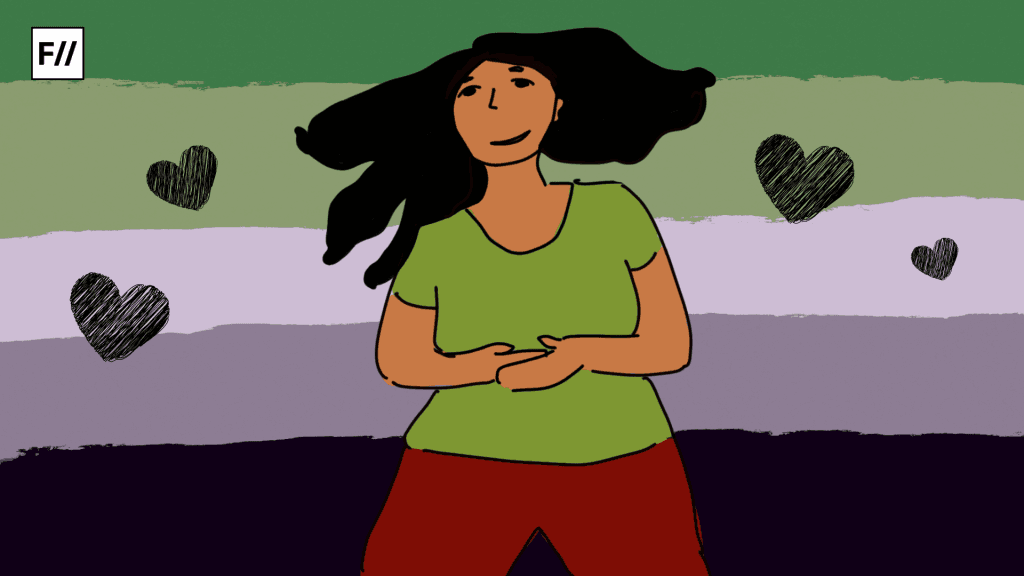
It was about honouring the music, including “item songs,” for its creativity and cultural relevance, while also pressing for more diverse representations of women in music videos. It was about recognising the comfort in traditional gestures while striving towards a future in which respect was not based on gender norms.
My feminism is a work in progress, a conversation with myself and the world around me. It’s about challenging the status quo, celebrating female strength, and acknowledging that the journey towards equality isn’t always linear. It’s about allowing myself to experience the full spectrum of human emotions – the joy of music, the comfort in tradition – while constantly striving for a future where every woman has the freedom to dance to her rhythm.
.
About the author(s)
With a passion for storytelling and a keen interest in human behavior, Iti Dewangan is currently honing her skills in journalism, psychology, and English Literature. Having contributed to esteemed organizations like The Wire, Iti is dedicated to amplifying voices, uncovering truths, and making a positive impact through her writing. With a vision to become a respected journalist, she endeavors to navigate the ever-evolving media landscape with integrity, empathy, and a commitment to truth.


